AO Edited
Mount Vernon Slave Cemetery
The graveyard holding the remains of George Washington's slaves was forgotten for nearly 200 years.
For nearly two centuries, the woods at George Washington’s famous estate contained a secret. A graveyard for the former president’s enslaved population lay buried beneath a thicket of vegetation. Removed from the property’s typical tourist spots, the burial ground was all but erased from existence.
A handful of 19th-century accounts briefly mention the overgrown plot of land, but it otherwise remained off-the-beaten-path and overlooked at the historic estate. An 1885 map of Mount Vernon portrays the burial ground, but by this time it was already becoming lost to the woodland’s leafy grasp.
A marble marker was placed on the site in the 1920s, but this too was soon forgotten as it disappeared beneath a tangle of vegetation. It wasn’t until the 1980s, when a group scouring the grounds for information about the slave graveyard stumbled upon the slab of stone, that the cemetery began garnering proper interest and interpretation.
Today, researchers are busy unearthing the cemetery’s past. In 2014, archaeologists began mapping the original cemetery to figure out how many enslaved people were buried beneath its surface. Using drones and other innovative technology, they’ve scanned the earth to reveal its historic secrets. Researchers have found dozens of unmarked burial spots so far and estimate the graveyard may hold the bodies of upwards of 150 enslaved people.
A stone memorial stands nearby to mark the graveyard, surrounded by places to sit. It was erected in 1983 and rises before an archway that leads to the cemetery entrance. Three steps inscribed with the words “faith,” “hope,” and “love” lead to the column.
Know Before You Go
The GPS coordinates lead to the slavery memorial.

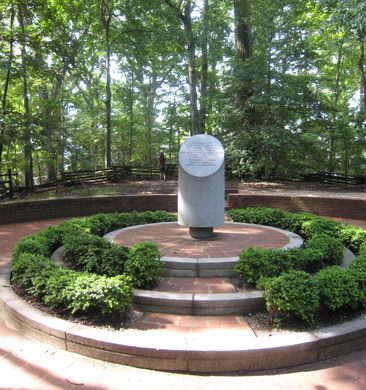



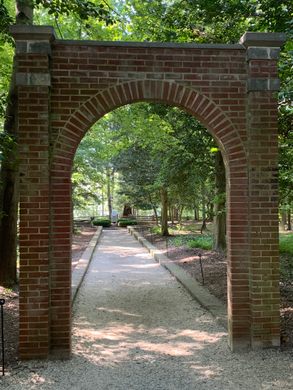
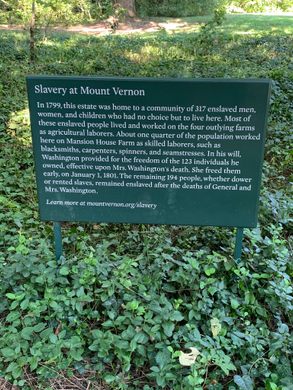

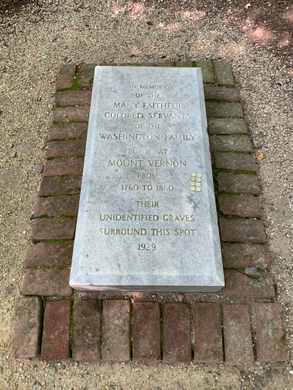


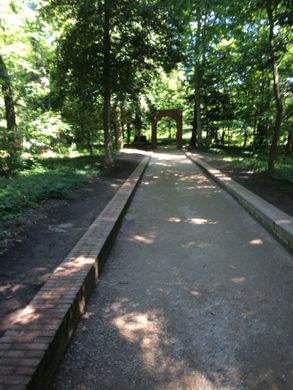








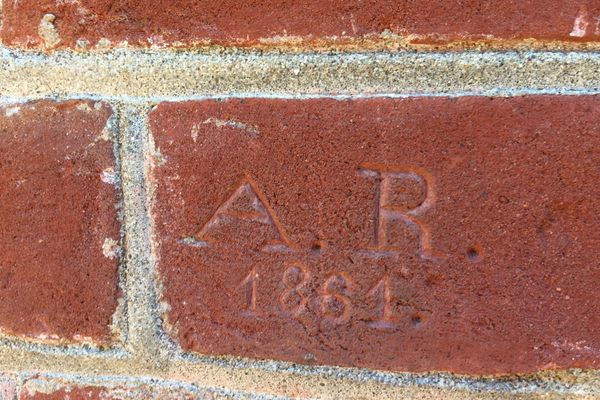

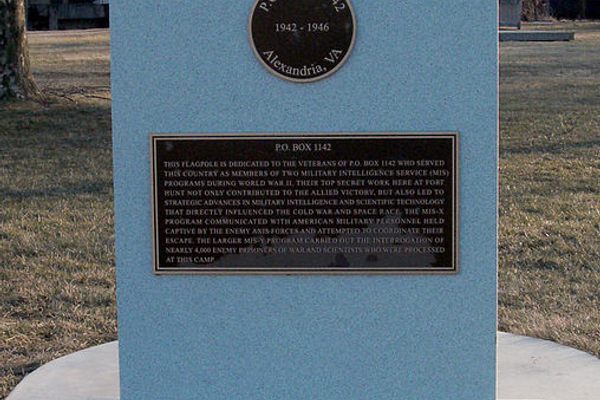


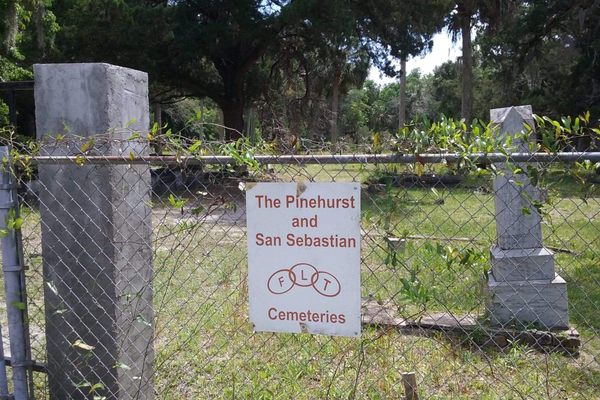



Follow us on Twitter to get the latest on the world's hidden wonders.
Like us on Facebook to get the latest on the world's hidden wonders.
Follow us on Twitter Like us on Facebook